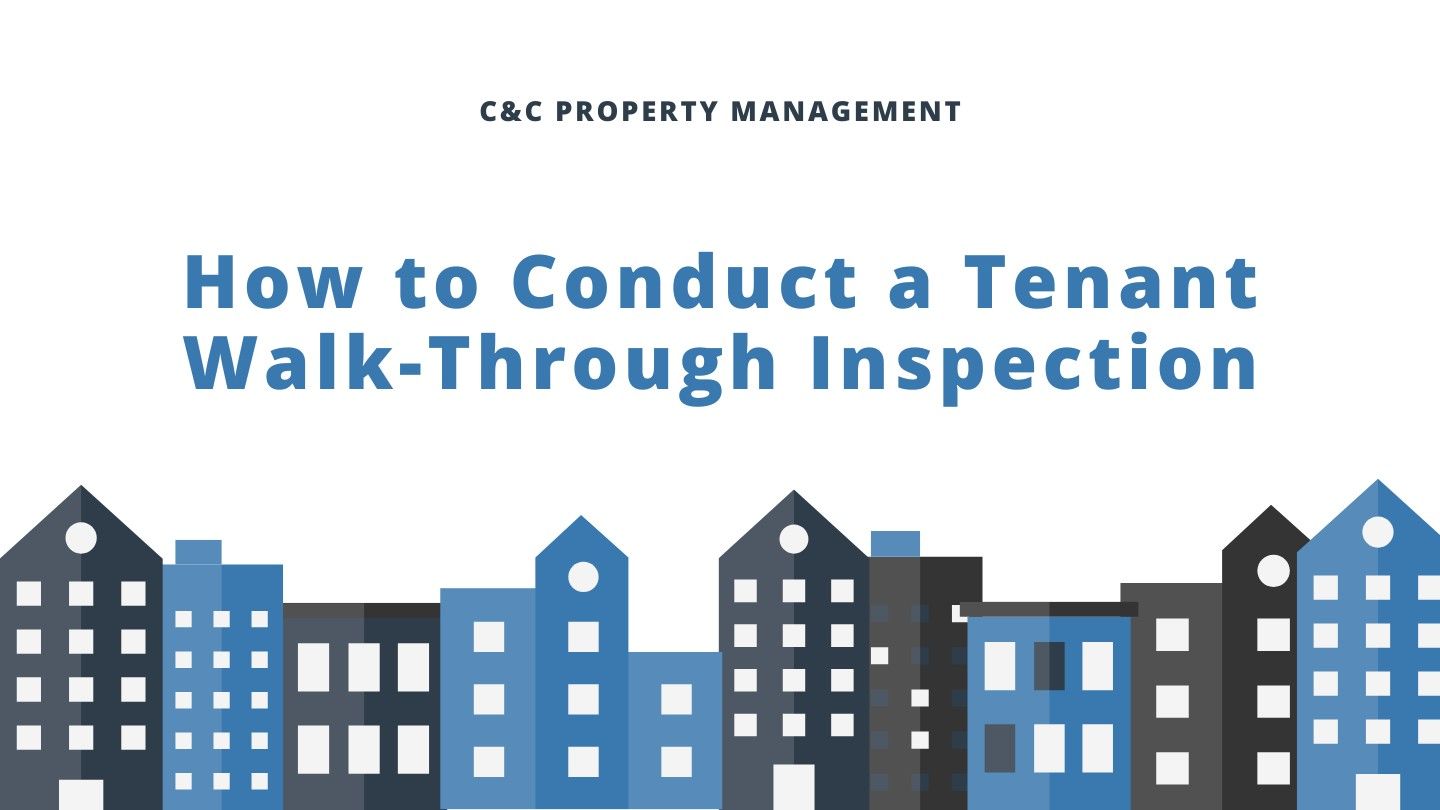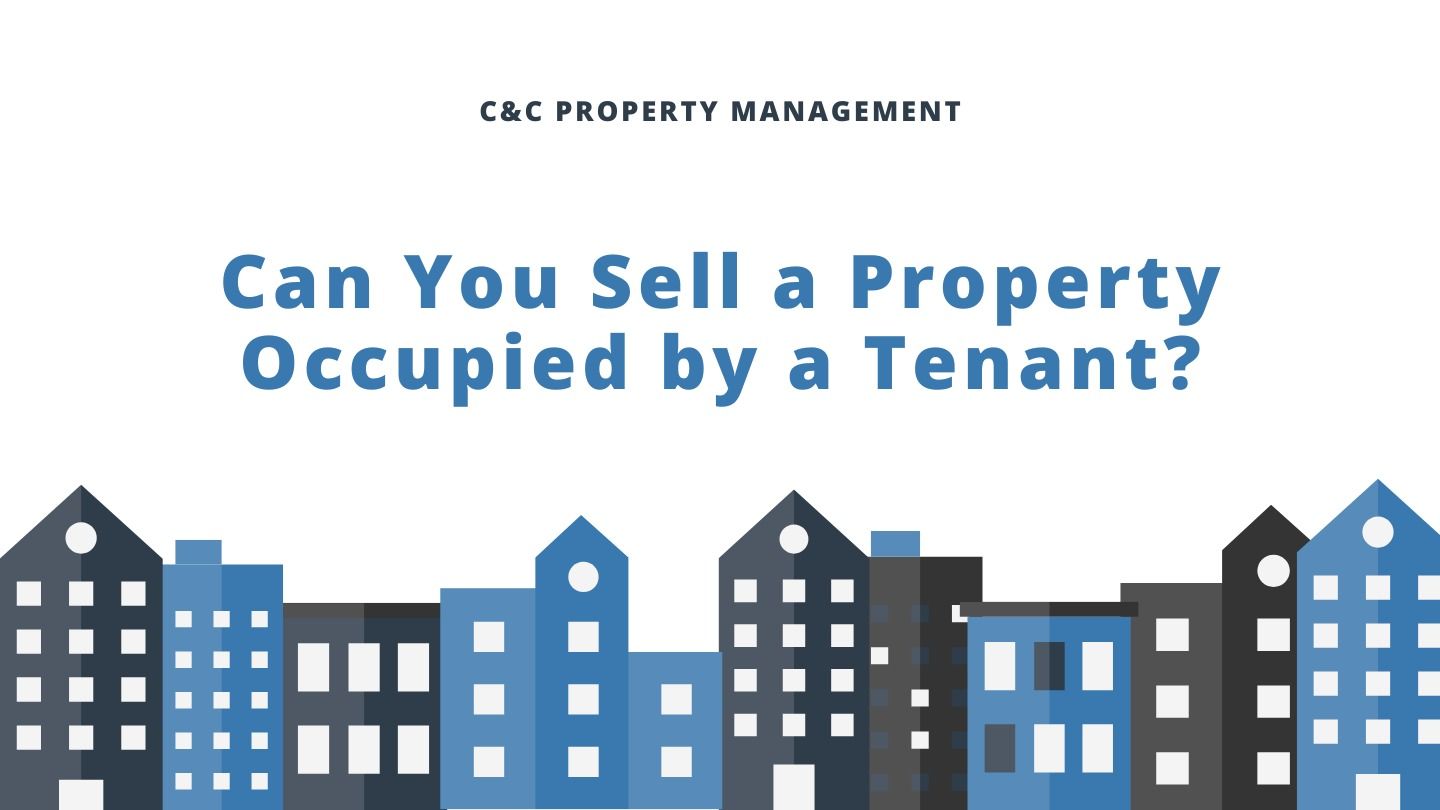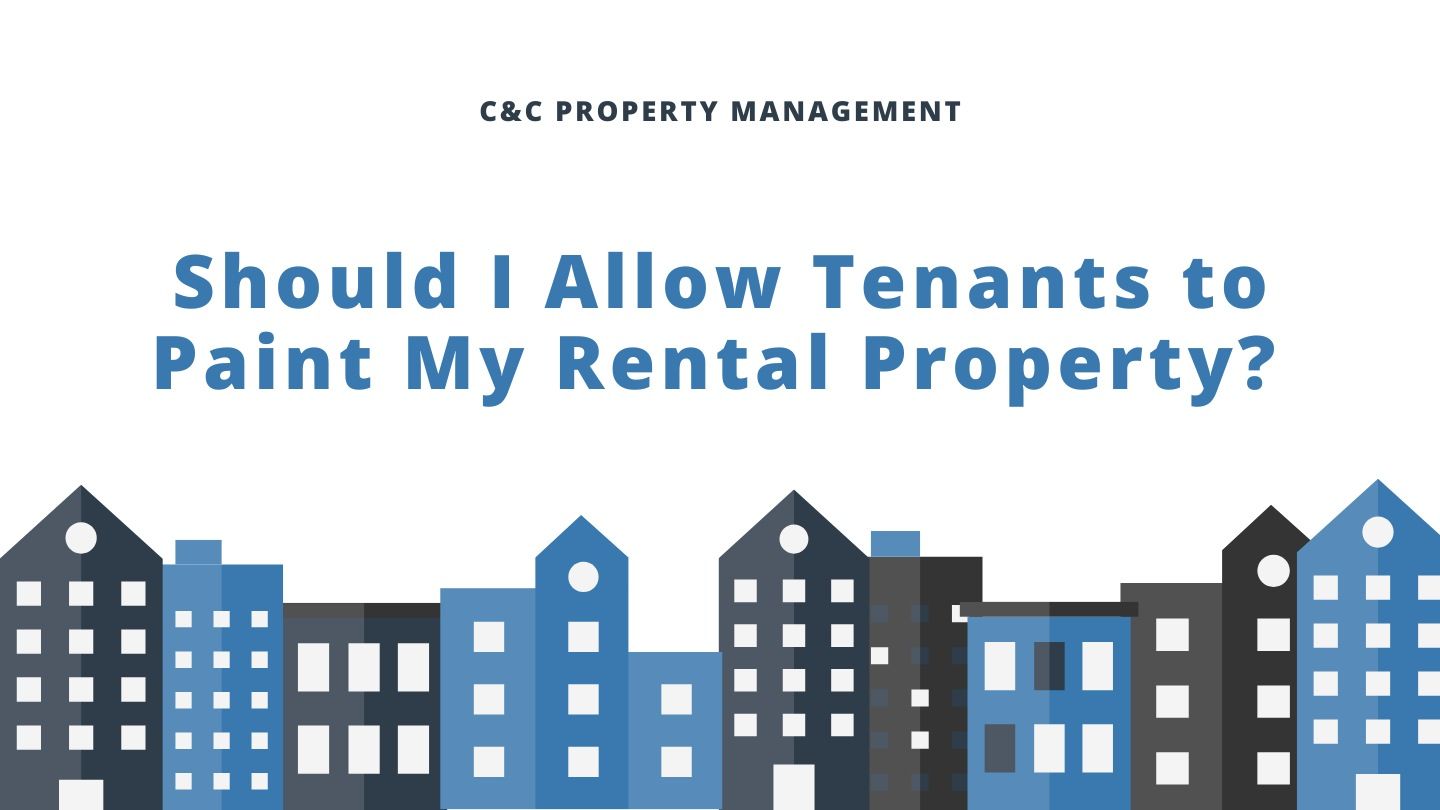Essential Tips For First Time Landlords
Are you a first-time landlord stepping into the world of rental property management? Becoming a landlord can be both rewarding and challenging, but with the right knowledge and approach, you can set yourself up for success. In this guide, we'll walk you through essential tips and practical advice to help you navigate your new role with confidence.
10 Tips for a First-Time Landlord
Here are the tips that will help you navigate your role as a landlord effectively and ensure a positive rental experience for both you and your tenants:
Screen Tenants Thoroughly
Finding reliable tenants is crucial to minimizing issues and ensuring a steady income from your rental property. Begin by asking prospective tenants to complete a rental application that includes personal information, rental history, employment details, and references. Verify this information by contacting previous landlords and employers. Conduct a background check to uncover any criminal history, and check credit reports to assess their financial reliability. Note that when conducing the tenant screening that it's important to follow fair housing laws and treat all applicants equally.
Know Your Legal Responsibilities
As a landlord, you must comply with laws regarding rental properties. These laws cover various aspects such as tenant rights, fair housing, eviction procedures, and property maintenance standards. Furthermore, familiarize yourself with these laws before renting out your property, and continue to stay updated on any changes. You may need to provide certain disclosures to tenants, maintain habitable living conditions, and follow specific procedures for handling security deposits.

Create a Comprehensive Lease Agreement
A well-drafted lease agreement is essential for defining the terms and conditions of the rental arrangement. Include details such as the names of all tenants, the rental amount and due date, the length of the lease agreement, and any rules or restrictions regarding pets, smoking, or parking. You should also outline your responsibilities as the landlord, such as providing maintenance and handling repairs, as well as the tenant's responsibilities for maintaining the property and paying utilities.
Handle Maintenance Promptly
Regular maintenance is key to keeping your property in good condition and keeping tenants satisfied. Conduct periodic inspections to identify any maintenance issues early on. Address repairs promptly, whether they are minor fixes or more significant issues that could affect the habitability of the property. Establish a reliable network of contractors and service providers for emergencies and routine maintenance tasks.
Set a Competitive Rent
Determining the right rental price is crucial for attracting tenants and maximizing your rental income. Research rental rates for similar properties in your area to establish a competitive rent that reflects the property's amenities, whether or not it's furnished, location, and condition. Consider factors such as local demand, proximity to schools, public transportation, and shopping centers. Pricing your property too high can lead to longer vacancies, while pricing it too low can result in lost income. As such, regularly reassess the rental market to adjust your rent as needed, and consider offering incentives such as flexible lease terms or amenities to attract quality tenants.

Establish Clear Communication Channels
Effective communication is key to maintaining a positive landlord-tenant relationship. Establish clear channels for communication from the beginning. Provide tenants with your preferred methods of contact, whether it's email, phone, or a property management app. Encourage tenants to reach out with any concerns or maintenance issues promptly. Respond to their inquiries and requests in a timely manner to show that you value their tenancy and are committed to addressing their needs.
Understand Financial Implications
As a landlord, it's important to have a clear understanding of the financial implications of owning a rental property. Budgeting is crucial to ensure you can cover your expenses and maintain profitability. Consider expenses such as mortgage payments, property taxes, insurance premiums, maintenance and repairs, utilities, and any property management fees. Additionally, factor in potential vacancies and the cost of advertising for new tenants. Having a comprehensive understanding of your financial obligations allows you to make informed decisions and plan for the future.
Keep Detailed Records
Maintaining organized and detailed records is essential for effective property management. Keep records of all financial transactions, including rent payments, security deposits, and expenses related to maintenance and repairs. Document all communication with tenants, including emails, letters, and notes from phone calls or in-person meetings. Keep a record of lease agreements, move-in and move-out inspection reports, and any notices served to tenants. These records not only help you track the financial health of your residential rental property but also serve as valuable documentation in case of disputes or legal issues.

Consider Landlord Insurance
Landlord insurance provides protection beyond what standard homeowners insurance offers. It typically includes coverage for property damage caused by tenants, liability protection in case a tenant or visitor is injured on your property, and loss of rental income coverage if the space becomes uninhabitable due to covered damage. Landlord insurance can also provide coverage for legal fees and court costs. Investing in landlord insurance is a smart way to protect your investment property and your financial security as a landlord.
Plan for Vacancies
Vacancies are an inevitable part of being a landlord, but proper planning can minimize their impact on your rental income. Develop a strategy for filling vacancies quickly and efficiently. Start advertising your residential rental property as soon as you know a tenant will be moving out. Use effective marketing channels such as online rental listing websites, social media, and local classified ads.
Bottom Line
Mastering the art of property management as a first-time landlord involves a blend of legal knowledge, practical skills, and effective communication. By following these essential tips, from thorough tenant screening to prompt maintenance and competitive rent setting, you can build a successful rental business.
For further support and guidance, consider partnering with C&C Property Management. We offer comprehensive property management services including tenant screening, rent collection, and maintenance coordination, helping you navigate your landlord journey with ease and confidence. Contact us today to learn more!








